We need your support! Please see the details on our fundraiser page.
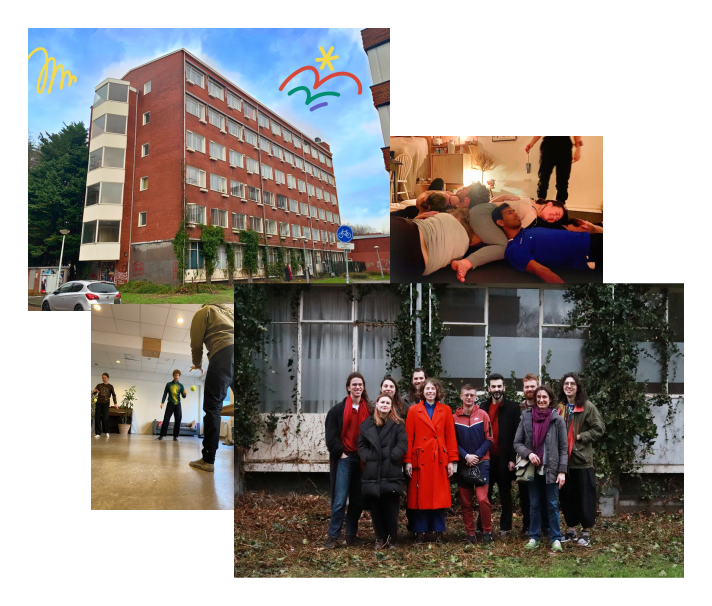
Who we are
We are a group of cultural workers aiming to realise a sustainable and autonomous housing co-op. We plan to convert a temporary living space in Amsterdam West, which we called home for ten years, into a permanent reality.
Our group includes artists, designers, dancers, engineers, teachers, health workers, researchers, and various others from diverse backgrounds.
Vision
Collectively owned
We have formed a cooperative with the aim of collectively owning and transforming our building, not just for the betterment of our place of residence, but to become a more integrated part of our neighbourhood, our city, and the wider movement towards housing as a basic right.

A real alternative
In recent years, housing has become dangerously more commercialised and less affordable, leading us all to the current housing crisis, where rents have skyrocketed and quality of life has greatly diminished. We believe another reality is possible, and we hope to prove that with Vrijplaats SUP.
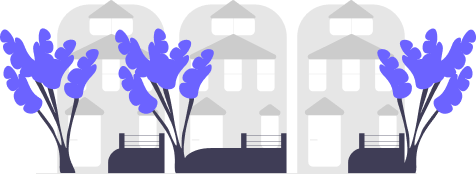
Inspired by collaborative microbiomes
We are inspired by the many other cooperatives, in Amsterdam and the Netherlands, who have already proven that collective ownership is a possible and sustainable goal. Like lichens, we are deeply linked to their environment, can only thrive within the very specific space they have grown, and grow slowly and naturally in connection to it.
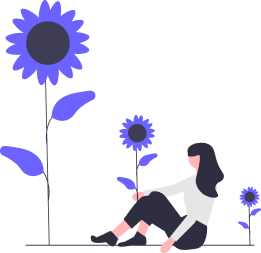
A space for everyone
Our goal is to transform the building into a home for both new and old tenants, as well as the larger community. We aim to foster community engagement through public cultural events, a social cafe, and a revitalised garden, which will bring some much needed green into the neighbourhood.
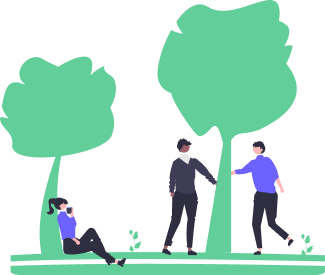
Our plans
Largely thanks to the help of Ma Architecten, Stichting !WOON, Studio SAAM, VrijCoop, and Gemeente Amsterdam, and the wider movement towards affordable communal living, we aim to establish a self-governed, socially responsible, financially sustainable, and inclusive living space.
We are committed to creating a clean, green, and future-proof a residence, with affordable communal living and working spaces.
We prioritise environmental as well as community health, and are exploring how we can minimise our energy usage, material use and general ecological footprint, to create a cleaner, healthier neighbourhood.
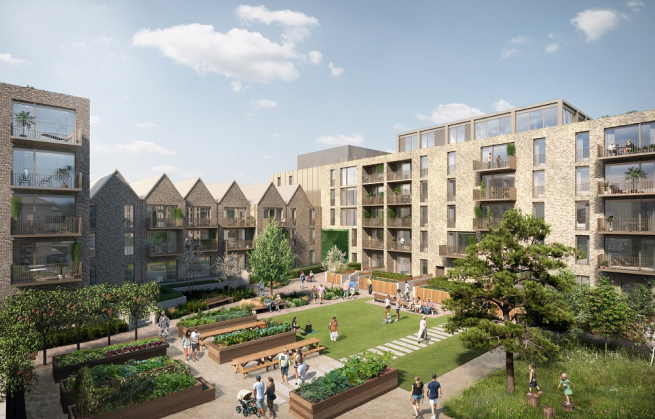
The building
Starting in the 1960s...
The building at Surinameplein 35 began its long history back in the early 1960s, when it served the community as an elderly care home, providing support and medical assistance to those in need.
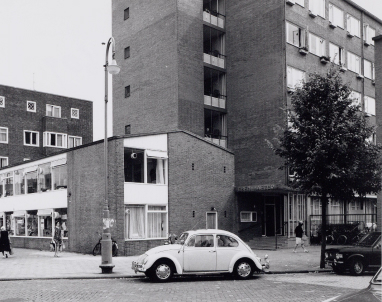
Turn of the century
Later on, the building became a rehabilitation clinic providing care in mental health. Many people’s lives were influenced for the better by this place, but eventually, without renovation for several decades, it couldn’t support that purpose, and was left standing empty.
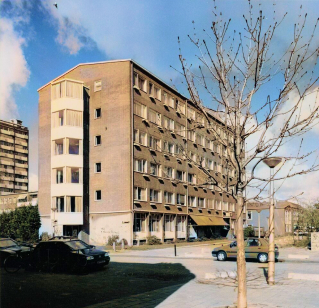
Recently a “broedplaats”
As a temporary measure under the Dutch “Empty Building Law” (Leegstandwet), the building was converted to a shared living and working space, where it once again became a home to many. However, this permit is temporary, and that time is unfortunately running out. Without any plans from the current owner to renovate this building, it runs the risk of being abandoned once again.
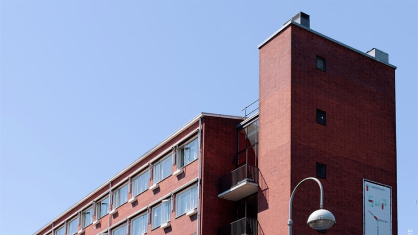
A new beginning / into the future
To avoid losing our home, the current tenants of the building, have formed the housing cooperative SUP to organize a sustainable renovation and revitalization project, focused on collective ownership. Our aim is to make the building into a permanent, affordable, and open communal living + working space.
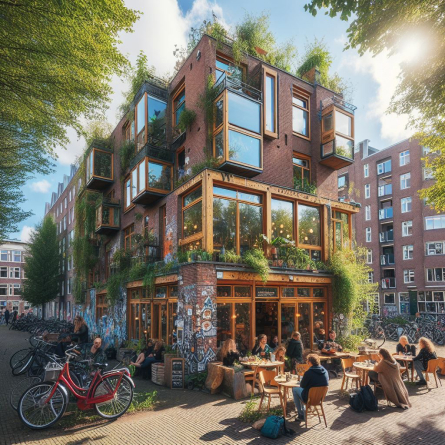
Why a coop?
Long-term sustainability
As the rich experience and legacy of the many long-term non-commercial housing projects in the Netherlands shows, owning a building collectively is the only way to keep it permanently accessible, and ensure it provides sustainable and affordable housing.
Part of the movement
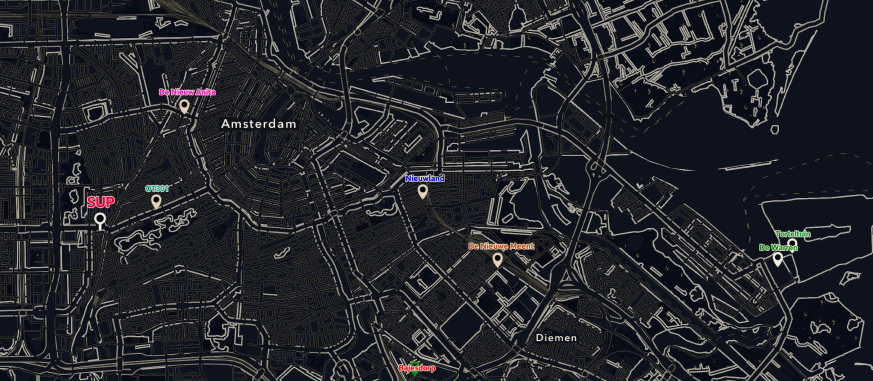
Along with projects such as OT301, De Nieuw Anita, Nieuwland, and others, a number of similar projects have appeared in recent years, including De Niuewe Meent, De Warren, Bajesdorp and Torteltuin, to name a few. We want to follow in the footsteps of these housing projects and further the movement towards collective ownership and accessible living spaces for all.
Towards a new model of the city
This also aligns with the City of Amsterdam's ambitious development goals for housing: the gemeente hopes to place an increased focus on cooperative property ownership, as seen in the “Aan de slag met wooncoöperaties” report.